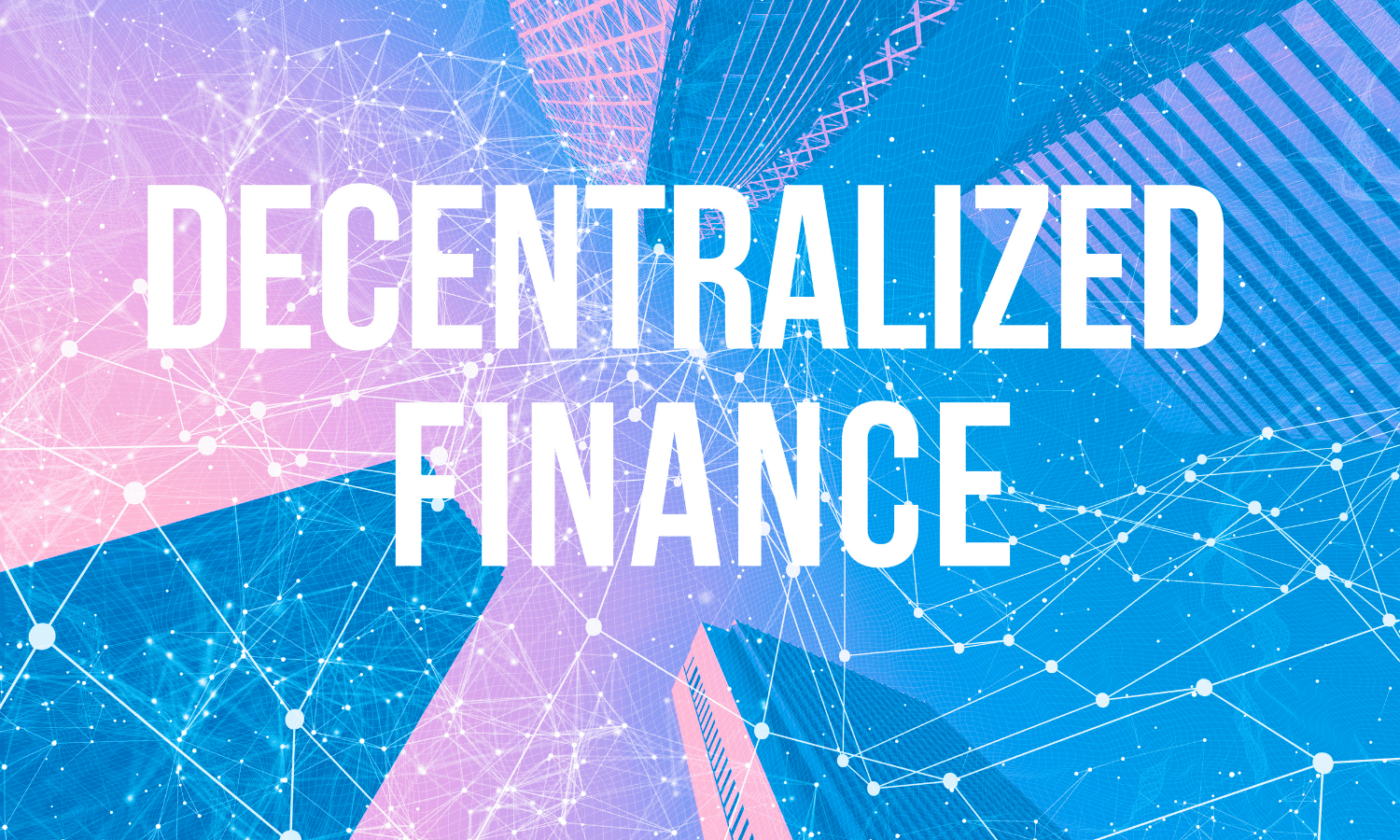Decentralized finance (DEFI): What is it?
Decentralized Finance (DeFi) is an open, global financial system operating in the Internet age. It is a transparent and innovative alternative to opaque, tightly controlled, and decentralized financial systems. Your money is in your hands. Having access to global markets is possible with international currencies and banking. Through DeFi products, which are owned and maintained by those who have Internet access, financial services can be accessed. Cryptocurrency transfers are on the rise daily thanks to DeFi applications.
Defi’s portfolio of products and services is accessible to anyone with access to Ethereum. The DeFi platform gives you all the features you need without being confined to any centralized authority. Due to code that can be inspected, previously human errors and slow services have been automated and made safer. It is possible to lend and borrow, to go long and short, to earn interest in the crypto-economy. Inflation can be avoided in Argentina with DeFi. The information about employees’ wages is now streamed in real-time by companies. Without identification, many loan applications and repayments have taken place.
The four layers of the Decentralized finance stack
Settlement Layer:
The settlement layer, often called Layer 0, provides the foundation for all subsequent DeFi transactions. Additionally, it serves as a means of settlement. Cryptocurrencies are digital currencies linked to public blockchains. In addition to being used in DeFi apps, this currency may also be traded publicly. Crypto exchanges trade Ethereum’s native token, ether (ETH). Tokenized assets can also appear in settlement layers along with real-world assets, such as United States dollars. An individual parcel of land, for example, might represent ownership of a real estate token.
Protocol Layer:
Computer programs are governed by a variety of software protocols. A similar set of regulations and principles would govern the industry as it would in the real world. Multi-entity interoperability means multiple entities can use the DeFi protocol at the same time for creating services or applications. Keeping DeFi’s ecosystem fluid is the responsibility of its protocol layer. Synthetix, which is built on the Ethereum platform and uses the DeFi protocol, is one example of a DeFi protocol. It allows the creation of simulated assets.
Application Layer:
Client-side applications are designed for consumers. Consumer-oriented services are provided by these applications, which abstract underlying protocols. In cryptocurrency, decentralized applications like exchanges and lending services are available.
Aggregation Layer:
The investors are provided with a service by the aggregators in this layer. Facilitating seamless money transfers across different financial instruments, for example, would be beneficial for them. It would be necessary to do much paperwork and coordinate when building a physical setup. Technology would allow traders to switch between services seamlessly, smoothing out the investment rails. The aggregation layer provides services such as lending and borrowing. Cryptocurrency wallets are another example.
Decentralized finance (Defi): How does it work?
DeFi requires a decentralized infrastructure. Ethereum can be extremely useful in this situation. Decentralized applications (DApps) can be developed on top of the Ethereum blockchain. For improved performance and scalability, some DeFi protocols have moved to competing blockchains, but most still use Ethereum.
DeFi delivers its services without middlemen by using smart contracts and cryptocurrencies. A financial institution serves today as a financial guarantee. The reason why they have so much power is that they handle your money. Approximately one billion people around the world do not have bank accounts. Smart contracts replace financial institutions in DeFi. The funds within this Ethereum account can be refunded or sent under certain conditions. Smart contracts cannot be manipulated once they have gone live – they follow the instructions of the programmer at all times. Allowances or pocket money can be distributed according to a contract so that every Friday, funds are transferred from Account A to Account B. The transfer only takes place if Account A is credited with the necessary funds. Money cannot be stolen from Account C if it is not listed as a recipient on the contract.
Anyone can inspect and audit contracts. A bad contract will usually be scrutinized by the community fairly quickly. Ethereum community members with code reading skills are considered more trustworthy than those without. With the help of open-source communities, smart contracts will be easier to create and code will be more trustworthy.
Decentralized finance has the following benefits:
No permission required
It has traditionally been difficult and expensive for banks to operate. Several people have dropped out of the financial system due to long processing times and rigid requirements. Many of the problems were solved by DeFi. We provide financial services to all customers, no matter their income, their culture, or their location. An Internet-connected computer and a mobile phone are sufficient for users.
Interest rates for investors
You can earn an income from DeFi aside from saving. Lending out assets is possible on platforms such as Ave and Compound. You will receive your interest at a specific time. You will reinvest your capital.
Being in control of your finances
DeFi platforms allow you to control your finances. You are free to use your deposit however you wish. Instead of human managers making investment decisions, intelligent contracts do so themselves. A DeFi ban cannot be imposed on you. Smart contracts are legally binding contracts that operate blindly.
Transparency enhanced
DeFi makes it easier to be accessible and open. All DeFi protocols are accessible to the public through blockchains, which are digital ledgers. Traditional banks link accounts to one individual, but account information on Square is public. Only numerical addresses are listed, rather than pseudo-anonymous addresses. Users with programming experience can audit and modify the code in DeFi products because the software is open source. The fact that open-source code benefits from community interaction, makes it more secure and more high quality than proprietary software.




[…] Forbes, it’s acclaimed that Ethereum’s development in decentralized finance (DeFi) is what will be responsible for its success in the future; it additionally notes that a […]